
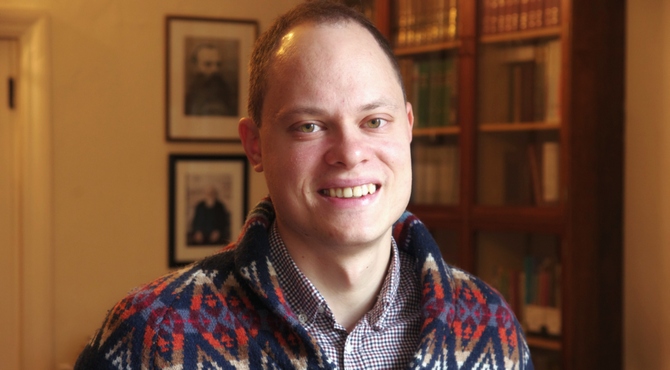

Dr Aliaksandr Herasimenka is a political communication scholar. He focuses on digital propaganda, communication in authoritarian countries like China and Russia, and advanced computational methods. He is a fellow at the Oxford Martin Programme on Misinformation, Science, and Media.
Dr Herasimenka’s work investigates how political groups and governments use AI and social media to campaign or manipulate public opinion. He also studies how the reliance on digital technologies changes the organizational structures of people behind political campaigning.
His current research projects focus on pressing emergencies, including the war in Ukraine and climate change. He is familiar with multiple programming environments and software. He designs scientific tools to track and analyze how narratives about these emergencies circulate in the global communication environment.
Dr Herasimenka holds teaching and research positions at University of Oxford and University of Westminster. He also taught at Middlesex University, University College London, and University of Portsmouth. He teaches social data science, journalism, digital research methods, and political and communication theories.
Political communication, computational methods, digital media, social movements, political disinformation, messaging platforms.
Herasimenka, Aliaksandr. ‘Movement Leadership and Messaging Platforms in Preemptive Repressive Settings: Telegram and the Navalny Movement in Russia’. Social Media + Society 8, no. 3 (1 July 2022): 1–14. https://doi.org/10.1177/20563051221123038.
Herasimenka, Aliaksandr, Yung Au, Anna George, Kate Joynes-Burgess, Aleksi Knuutila, P Bright, and Philip N Howard. ‘The Political Economy of Digital Profiteering: Communication Resource Mobilization by Anti-Vaccination Actors’. Journal of Communication 73, no. 2 (24 December 2022): 126–37. https://doi.org/10.1093/joc/jqac043.
Herasimenka, Aliaksandr, Jonathan Bright, Aleksi Knuutila, and Philip N. Howard. ‘Misinformation and Professional News on Largely Unmoderated Platforms: The Case of Telegram’. Journal of Information Technology & Politics 20, no. 2 (25 May 2022): 1–15. https://doi.org/10.1080/19331681.2022.2076272.
Herasimenka, Aliaksandr. ‘Adjusting Democracy Assistance to the Age of Digital Dissidents’. Policy Paper. The German Marshall Fund of the United States, 15 September 2020. https://www.gmfus.org/publications/adjusting-democracy-assistance-age-digital-dissidents.


DemTech investigates the use of algorithms, automation, and computational propaganda in public life.

This project builds on existing data science to understand the extent to which credible public health information is outweighed by false content on social media and measure the effectiveness of public health communication responses in real‐time.
I conduct my research in line with the University's academic integrity code of practice.
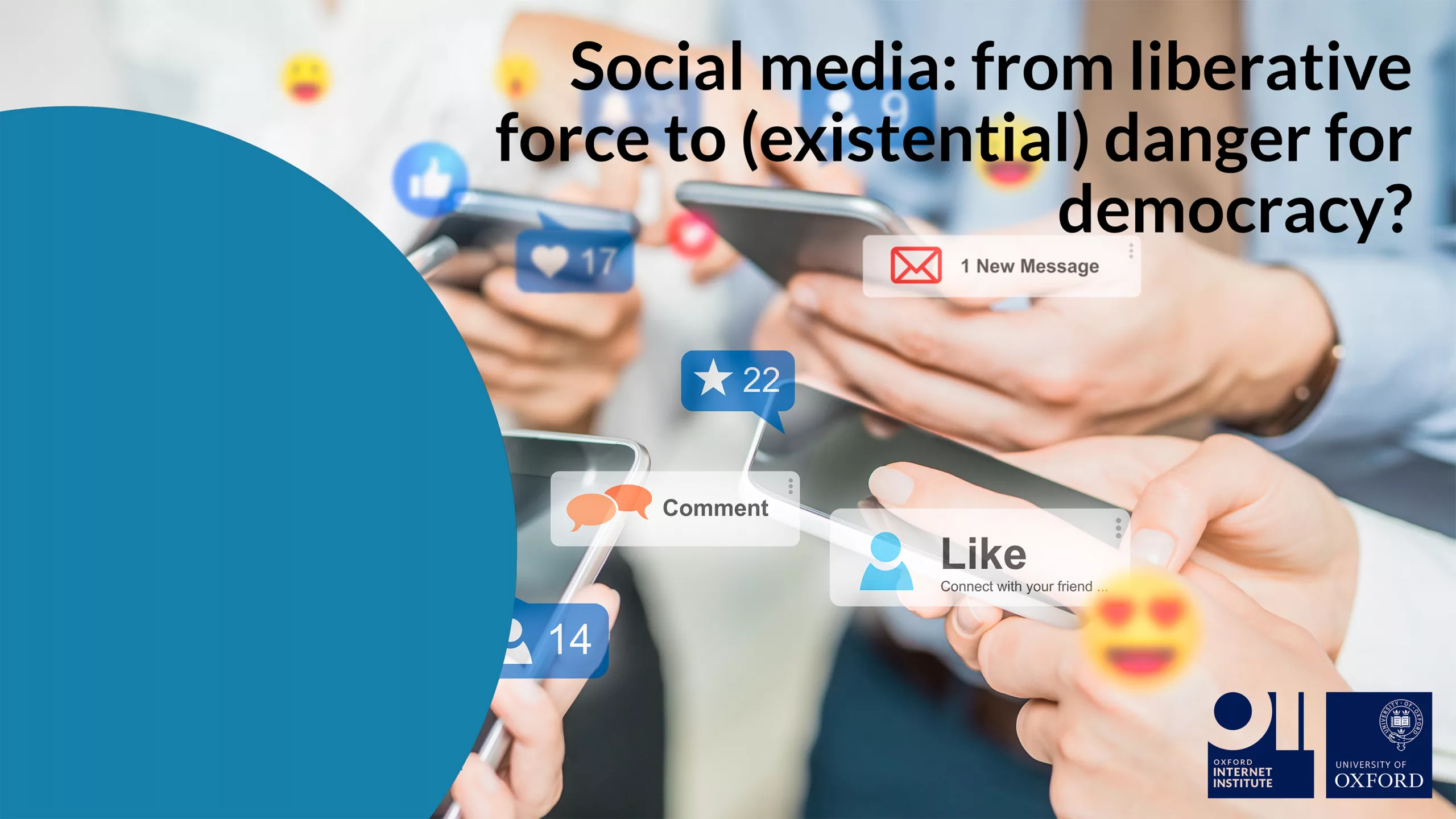
With Dr Aliaksandr Herasimenka, Mahsa Alimardani, Dr Jens Foerderer, Dr Michaela Lindenmayr, Professor Helmut Krcmar, and Assistant Prof Maximilian Schreieck
A joint webinar from the OII and TUM about governments using technology to control citizens and Firms’ fake follower use. This event is supported by the Dieter Schwarz Foundation
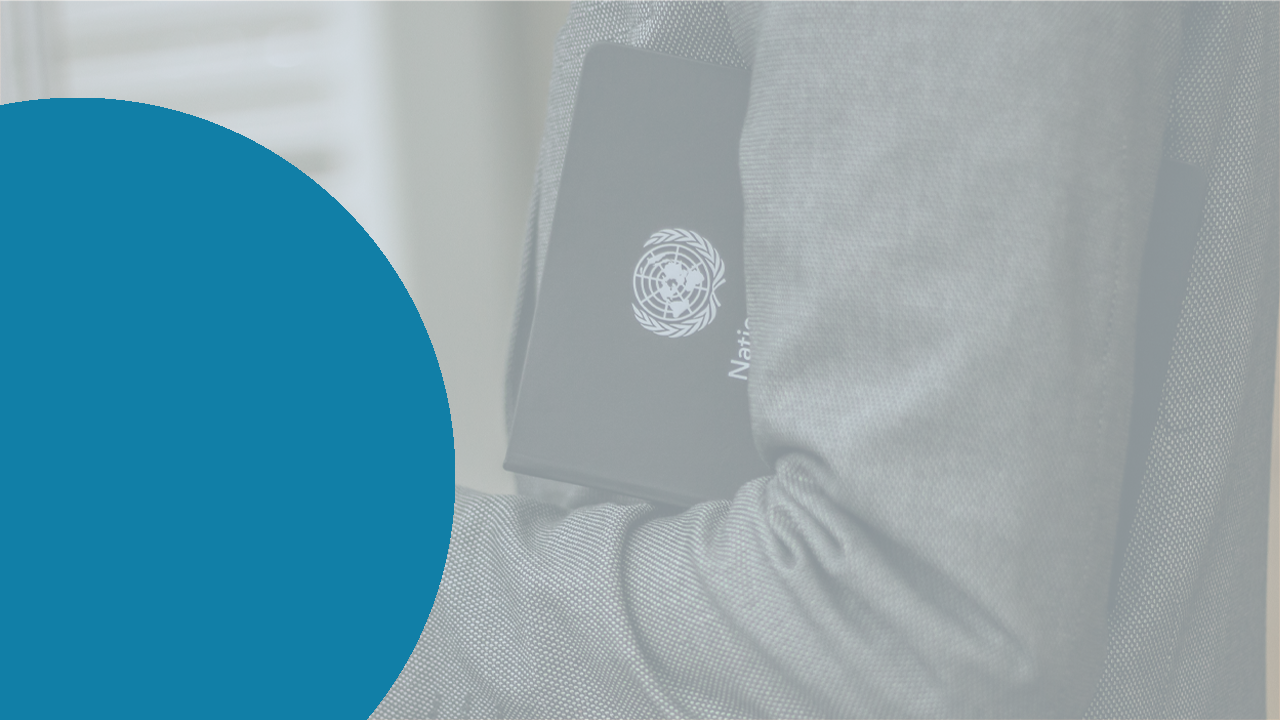
With Gautam Raju and Melissa Fleming
Lessons learned from 2 years of combating misinformation on COVID-19 with the United Nations ‘Verified’ Initiative with Gautam Raju

With Dr Aliaksandr Herasimenka and Professor Philip Howard
Dr Aliaksandr Herasimenka, a postdoctoral researcher at the Computational Propaganda Project (COMPROP) is joined by Professor Philip Howard, Director of the OII and Principal Investigator for COMPROP.

With Dr Aliaksandr Herasimenka and Professor Athina Karatzogianni
Athina Karatzogianni, editor of the book series Digital Activism and Society, talks to researcher Aliaksandr Herasimenka about the role played by ICT in the 2020 protests again President Alexander Lukashenko.

19 January 2023
University of Oxford researchers have published new work exploring how health misinformation campaigns are able to operate and succeed online, using infrastructure provided by the world’s leading tech companies.
21 September 2020
YouTube videos with false coronavirus information gathered more shares on social media than the videos of five leading news broadcasters combined.
20 July 2020
New research shows the Telegram instant messaging service, used by 400 million people worldwide, has become a refuge for far-right commentators who have been removed from mainstream social media platforms.
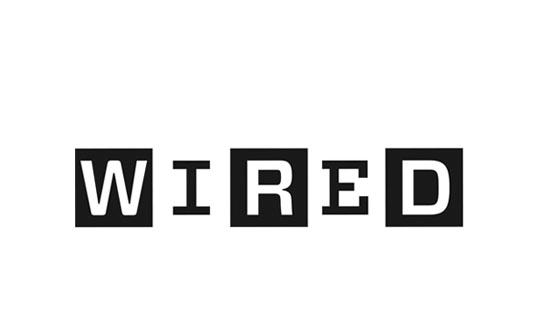
Wired, 20 September 2022
The encrypted messaging app is a haven for politically motivated vitriol, but users are increasingly bringing threats to targets’ doorsteps.

Business Insider, 23 March 2022
Apple has cut business ties with Russia, but its App Store still hosts 45 apps by Yandex, the Russian internet giant that's been accused of censorship about Ukraine.
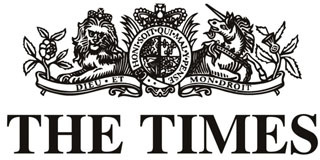
The Times, 22 March 2022
A university professor has been accused of spreading Russian propaganda about the war in Ukraine after tweeting a link to an article suggesting that the attack on a Mariupol theatre was a false flag operation.